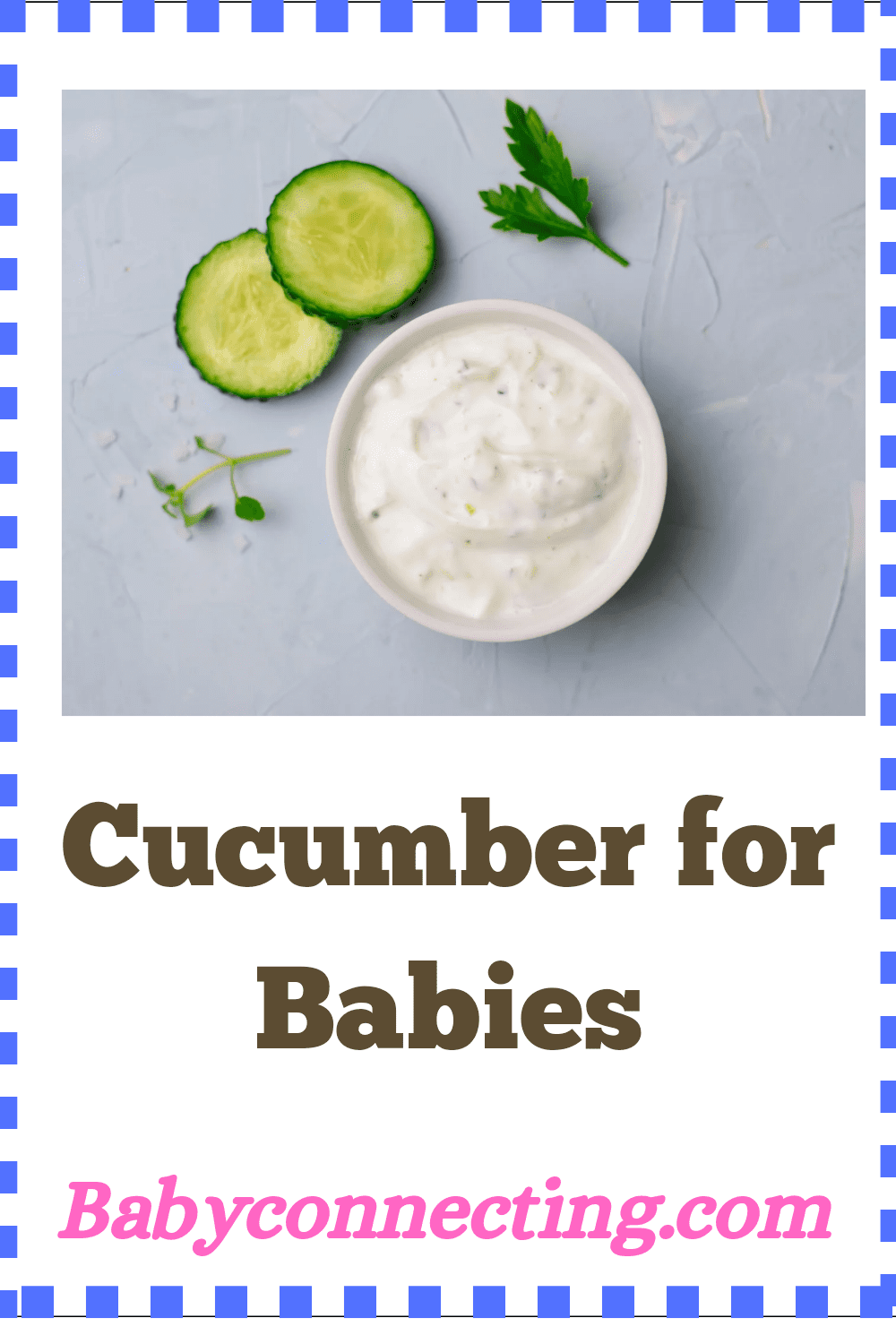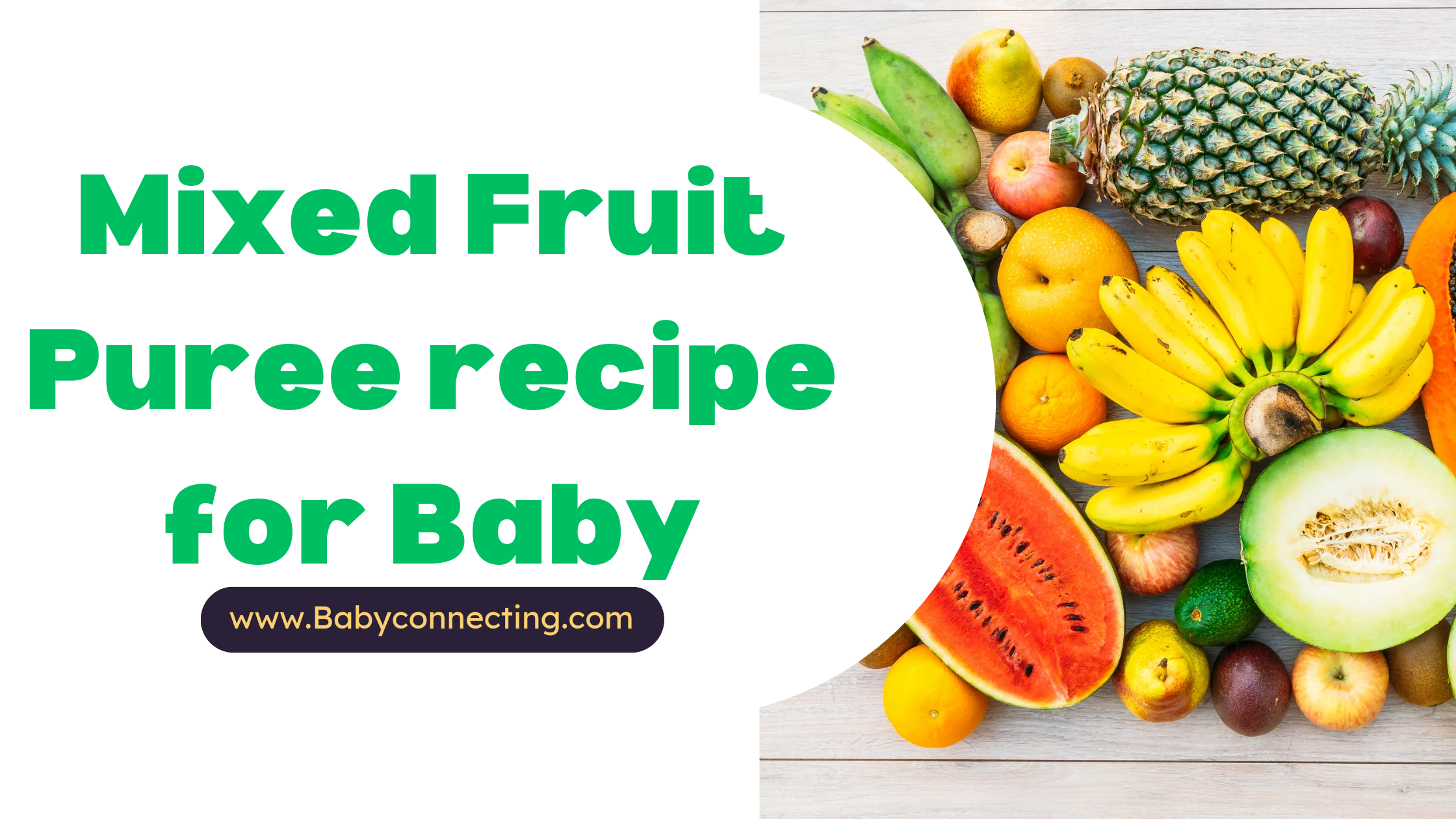Cucumber for Babies: Introduction, Benefits, and Recipe
Introduction:
Cucumber for Babies Introducing solid foods to babies is an exciting milestone for both parents and infants. Among the plethora of options, cucumbers stand out as a nutritious and refreshing choice. With their high water content, mild flavor, and versatility, cucumbers are an excellent addition to a baby’s diet. In this blog post, we’ll explore the right age to introduce cucumbers to babies, their benefits, and share some simple and nutritious cucumber recipes. Let’s dive in!
Right Age to Introduce Cucumbers:
Before introducing solid foods, it’s essential to wait until your baby is developmentally ready, typically around 6 months of age. At this stage, babies can sit up with support, have good head control, and show interest in food.
However, always consult with your pediatrician before introducing new foods to ensure they are appropriate for your baby’s age and developmental stage.
Benefits of Cucumbers for Babies:
1. Hydration: Cucumbers are primarily composed of water, making them an excellent choice for keeping your baby hydrated, especially during hot weather.
2. Nutrient-Rich: Despite their high water content, cucumbers are packed with essential nutrients, including vitamin K, vitamin C, potassium, and antioxidants, which support overall health and development.
3. Digestive Health: The fiber content in cucumbers aids in digestion and promotes healthy bowel movements, helping to prevent constipation in babies.
4. Immune Boost: The vitamins and antioxidants in cucumbers help strengthen the immune system, protecting babies from infections and illnesses.
5. Teething Relief: Chilled cucumber slices or cucumber puree can provide relief to teething babies by soothing sore gums and providing a crunchy texture to chew on.
6. Texture Exploration: Cucumbers have a mild flavor and a crunchy texture, making them an ideal food for babies to explore different textures and develop their chewing skills.
Simple Cucumber Recipes for Babies:
1. Cucumber Puree:
– Peel and deseed a cucumber, then chop it into small pieces.
– Steam or boil the cucumber pieces until soft.
– Transfer the cooked cucumber to a blender and puree until smooth.
– Add breast milk, formula, or water to adjust the consistency as needed.
– Serve the cucumber puree to your baby as a nutritious snack or meal.
2. Cucumber Finger Foods:
– Wash and peel a cucumber, then slice it into finger-sized pieces.
– Offer the cucumber slices to your baby as a finger food for self-feeding.
– For older babies, you can also cut the cucumber into fun shapes using cookie cutters to make eating more enjoyable.
Research References:
1. Mikael, K. H., Choi, S. E., Lee, E. J., & Kim, Y. H. (2020). Cucumber (Cucumis sativus L.) pulp and peel blends beverage improves lipid profiles in high fat-fed mice. Journal of the Korean Society of Food Science and Nutrition, 49(9), 945-953.
2. Shah, S. R., Joshi, S. B., Satpute, R. M., Patil, S. A., Pawar, P. K., & Akarte, A. S. (2016). Nutritional and therapeutic potential of cucumber: A review. Journal of Pharmacognosy and Phytochemistry, 5(2), 207-211.
3. Naz, R., Awan, M. L., Arshad, M. S., Asif, M. S., & Nadeem, M. (2020). Effect of cucumber on weight loss, lipid profile and blood pressure in patients with lipid profile abnormalities. Journal of the Pakistan Medical Association, 70(3), 545-548.
Conclusion:
Cucumbers are a nutritious and refreshing addition to a baby’s diet, offering hydration, essential nutrients, and digestive health benefits. Introducing cucumbers to your baby’s diet can be a simple and enjoyable experience, with various recipes to suit their age and stage of development. Remember to consult with your pediatrician before introducing new foods and enjoy watching your baby explore the world of flavors and textures!


